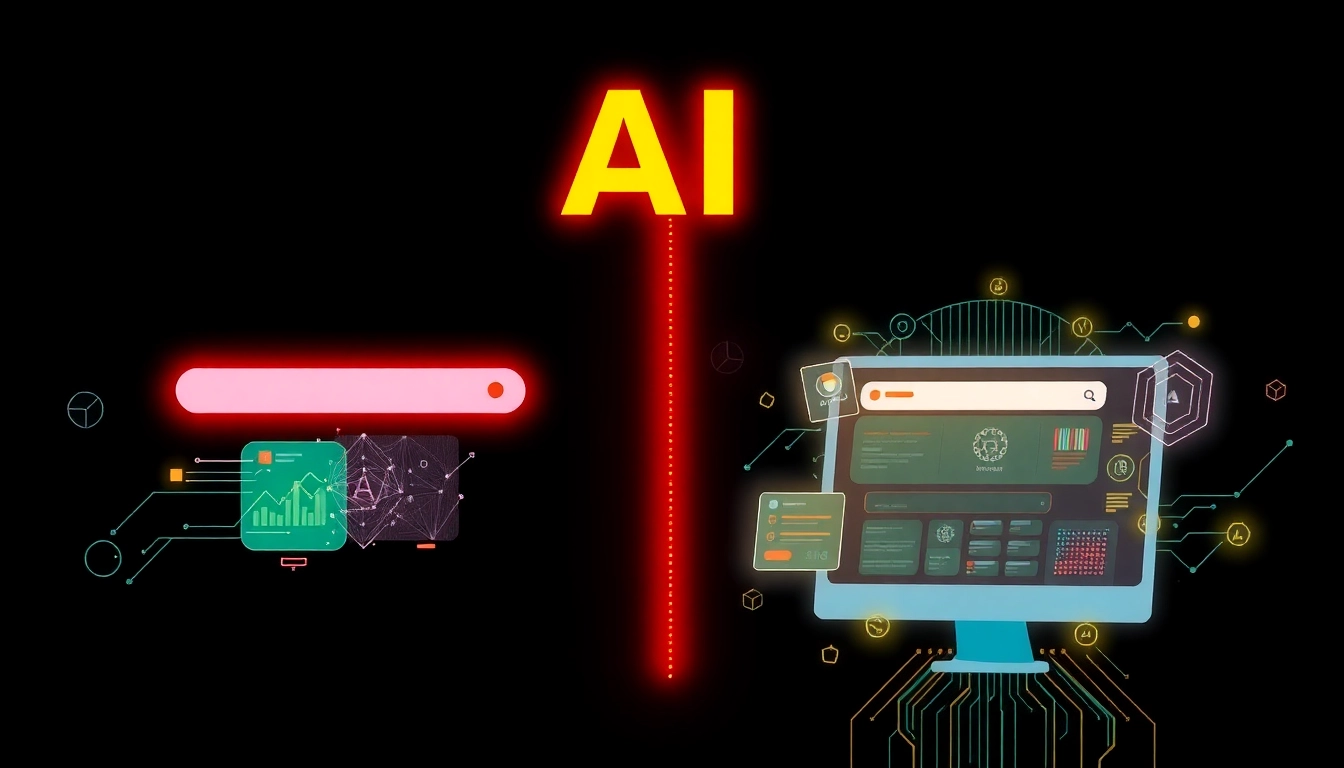Understanding the Role of a Professional Hacker
The field of cybersecurity has evolved significantly over the past decades, and one of the most crucial roles in this landscape is that of a professional hacker. These individuals, often referred to as ethical hackers or white-hat hackers, are dedicated to strengthening the digital security of organizations by identifying and fixing vulnerabilities before malicious actors can exploit them. Let’s delve deeper into this fascinating role, exploring its definitions, necessary skills, and the important distinctions between ethical and malicious hackers.
What Defines a Professional Hacker?
A professional hacker is someone who uses their skills to conduct authorized testing of computer systems and networks. Their primary focus is to find security flaws that could potentially be exploited by cybercriminals. Unlike malicious hackers, professional hackers operate within the constraints of the law and ethical standards. Their role often includes conducting penetration tests, vulnerability assessments, and security audits. In essence, they serve as the frontline defenders in the ever-evolving war against cyber threats.
The Skills Required for Success
To succeed as a professional hacker, one must possess a diverse array of skills and knowledge, including:
- Networking: A thorough understanding of network protocols, architectures, and security measures is essential.
- Operating Systems: Familiarity with various operating systems, including Windows, Linux, and MacOS, is critical for identifying vulnerabilities.
- Programming: Proficiency in programming languages such as Python, Java, and C++ is vital for creating scripts and automating tasks.
- Cybersecurity Principles: A solid grasp of cybersecurity frameworks and compliance standards (e.g., NIST, ISO/IEC 27001) is necessary to conduct effective assessments.
- Soft Skills: Communication skills are paramount as professional hackers often need to explain complex technical issues to non-technical stakeholders.
Differences Between Ethical and Malicious Hackers
While both ethical and malicious hackers possess similar skills, their intents and methodologies drastically differ:
- Intent: Ethical hackers aim to improve security, while malicious hackers seek to exploit vulnerabilities for personal gain.
- Authorization: Ethical hackers work with explicit permission from organizations; malicious hackers operate in secrecy and without consent.
- Outcome: The work of ethical hackers results in strengthened security measures, whereas malicious hackers contribute to data breaches and system damage.
Pathways to Becoming a Professional Hacker
For those aspiring to enter the field of ethical hacking, there are several pathways to consider. The journey involves educational pursuits, certifications, and active engagement within the cybersecurity community.
Educational Background and Training
While a degree is not strictly necessary, having a strong foundation in computer science, information technology, or cybersecurity can be beneficial. Many educational institutions offer courses specifically focused on ethical hacking, which cover crucial topics such as:
- Cybersecurity fundamentals
- Risk assessment and management
- Cyber law and ethics
- Malware analysis and incident response
Additionally, practical experience through internships or lab environments can significantly enhance understanding and skills.
Certifications that Matter: CEH and Beyond
Certifications can greatly enhance a candidate’s credentials in the job market. The following certifications are widely recognized in the industry:
- Certified Ethical Hacker (CEH): Offered by the EC-Council, this certification demonstrates proficiency in ethical hacking methodologies.
- CompTIA Security+: This certification covers foundational security concepts and practices.
- Certified Information Systems Security Professional (CISSP): CISSP is ideal for those interested in a more advanced understanding of security.
Networking and Community Engagement
Building a professional network is invaluable in the cybersecurity field. Engaging in community events, attending conferences, and participating in online forums can help aspiring hackers forge connections with seasoned professionals. Websites like LinkedIn and professional organizations such as (ISC)² and ISACA also provide networking opportunities.
Tools and Techniques Used by Professional Hackers
Professional hackers utilize a range of tools and methodologies to identify and exploit security vulnerabilities. Familiarity with these tools is crucial for effective penetration testing and security assessments.
Essential Software for Cyber Security Work
The following tools are commonly used by ethical hackers:
- Nmap: This network scanning tool helps identify active devices on a network and assess their security status.
- Metasploit: A penetration testing framework that provides information about security vulnerabilities and helps exploit them in order to enhance security.
- Wireshark: A network protocol analyzer that allows for real-time monitoring and analysis of network traffic.
- Burp Suite: A tool for testing web application security, useful for identifying vulnerabilities like SQL injection and cross-site scripting.
Hands-on Techniques for Ethical Hacking
Some hands-on techniques that are essential for penetration testing include:
- Social Engineering: This technique involves manipulating individuals into divulging confidential information.
- Phishing: A method used to trick users into sharing sensitive credentials by masquerading as a trustworthy entity.
- Exploitation: Actively testing known vulnerabilities to determine the potential risk they pose to systems.
- Privilege Escalation: Gaining elevated access rights to systems, thus enabling deeper exploration of system vulnerabilities.
Constantly Evolving Strategies in Cybersecurity
The field of cybersecurity is dynamic, with new threats and challenges emerging regularly. Therefore, professional hackers must continuously adapt their approaches. Remaining current with industry trends, emerging threats, and technological advancements can provide a competitive edge. Participating in training programs, online courses, and cybersecurity certifications are excellent ways to keep skills up-to-date.
Connecting with Clients: Freelancing as a Professional Hacker
Many ethical hackers operate as freelancers or consultants, allowing for flexibility and the potential for lucrative contracts. However, establishing a successful freelance career in this niche requires strategic efforts and marketing skills.
Building Your Online Presence and Portfolio
Having a robust online presence can significantly enhance visibility and attract potential clients. Here are some strategies to effectively market oneself:
- Create a Professional Website: Showcase your skills, certifications, and previous work in a clean, well-organized website.
- Blogging: Share insights, case studies, and analyses on your blog to establish authority in the field.
- Social Media: Utilize platforms like LinkedIn and Twitter to engage with potential clients and other professionals in the industry.
Leveraging Platforms to Find Professional Contracts
Utilizing freelance job platforms can lead to valuable contracts. Websites such as Upwork, Freelancer, and Fiverr offer a plethora of opportunities to connect with businesses in need of cybersecurity expertise. Setting up a solid profile, complete with personal branding, reviews, and a robust portfolio, can aid in attracting clients.
Setting Your Rates: What to Charge?
Determining professional rates can be challenging. It’s essential to consider your experience, the complexity of the services provided, and industry standards. Researching competitor rates, assessing your unique skills, and considering geographical differences can help establish a fair pricing strategy. Many professionals opt for hourly rates ranging from $50 to $300, depending on expertise and project scope.
Navigating the Legal Landscape
Understanding the legal implications of ethical hacking is fundamental. Professional hackers must be aware of and navigate various cyber laws and regulations to operate legally.
Understanding Cyber Laws and Regulations
Cybersecurity laws can vary greatly from one jurisdiction to another. Being familiar with relevant laws, including the Computer Fraud and Abuse Act (CFAA) in the United States or the General Data Protection Regulation (GDPR) in Europe, helps ensure compliance and protect against legal repercussions. Knowledge of industry-specific regulations, such as HIPAA for healthcare entities, is also crucial for ethical hackers working within those sectors.
The Importance of Ethical Standards in Hacking
Ethical standards are the cornerstone of a professional hacker’s practice. Adhering to a code of conduct not only protects the hacker from legal trouble but also fosters trust with clients. Professional organizations like the International Association for Privacy Professionals (IAPP) and (ISC)² provide resources for ethical standards in the cybersecurity field.
Handling Ethical Dilemmas in Cybersecurity Work
Sometimes, ethical hackers may face dilemmas regarding the repercussions of their findings. Navigating these situations requires a solid ethical compass and a commitment to transparency. Engaging in open dialogues with stakeholders and providing comprehensive assessments can help ensure that ethical considerations are prioritized.
In conclusion, a career as a professional hacker can be incredibly rewarding, both intellectually and financially. By grasping the nuances of ethical hacking, investing in education and certifications, mastering crucial tools and techniques, and building a strong professional network, individuals can position themselves for success in this critical and growing field.


